Afghanistan Government’s War Against Opium Farmers
By Mahvish Akhtar
Afghanistan has been the world’s largest opium producer and supplier for decades. This is a natural agricultural resource and a way for farmers to make a living. An honest living for most because they had deals with pharmaceutical companies across the globe, which was pretty good business.
Of course, for simple farmers, this never turned into anything significant because landlords, multinational organizations, and factories would snatch opportunities from people doing the work for a small price. These farmers see no other choice but to comply. However, it was enough to feed their families.
They did not have complete control of their product, and being unable to make enough money made room for illicit activities. There was already lawlessness in Afghanistan, making smuggling the product from one border to another easier. 95 % of Europe and Asia’s Heroin supply comes from Afghanistan.
Soon after the Taliban took over in 2021, they announced a ban on opium farming and selling. Taliban deputy interior minister for counternarcotics, Mullah Abdul Haq Akhund, told The Associated Press in Helmand’s provincial capital, Lashkar Gah, that anyone who violates the ban “will be arrested and tried according to Sharia laws in relevant courts. “We are committed to bringing poppy cultivation to zero,” he told the AP.
Economists and the public predicted that the ban would likely strike a heavy blow to millions of impoverished farmers and day laborers who rely on proceeds from the crop to survive. The ban happened as Afghanistan’s economy was collapsing. They were cut off from international funding, and the population needed help with their most basic needs. Akhmud, however, assured the public and the farmers that the Taliban were in touch with other governments and social organizations to work out alternative crops for farmers.
According to UNODC (United Nations Office on Drugs and Crime), Afghanistan’s opium cultivation increased by 32% the year the ban was announced. Opium prices were at their highest in 2022. Farmers made $4 billion that year compared to the previous year’s $425 million. UNODC report also said that the ban did not stop smuggling or the illegal supply chain. Most analysts and economists speculated that the problem was too big for the Taliban to control. After symbolically burning a few farms and carrying out a few raids, they had to start looking the other way.
The world eventually started feeling this new law’s impact and even began preparing for it. As recently as March 2023, Europe was worried that its heroin market could soon be in for a supply shock, and experts feared that the gap would have to be filled by synthetic drugs such as fentanyl. This ban is starting to feel more and more real as time passes.
Just last week, BBC was given access by the Taliban government to watch their anti-Narcotics Unit at work on the ground. The BBC crew traveled to Afghanistan and used satellite analysis to examine the effects of action on opium poppy cultivation. Authorities claim that The Taliban are the only ones to succeed in cracking down on cultivation.
The United States spent an estimated $8.6 billion between 2002 and 2017 to control Afghanistan’s drug trade, according to a 2018 SIGAR report. Apart from poppy eradication, the United States and its allies backed interdiction raids, alternative crop programs, airstrikes on suspected heroin labs, and other measures.
Those efforts “didn’t really have much success,” retired U.S. Army General Joseph Votel, who commanded U.S. Central Command from 2016-2019, told Reuters. All of this had the opposite effect. Anger against the government in Kabul and its foreign leaders grew along with sympathy for the Taliban.
Another aspect that was primarily kept under wraps while the US and allied armies were on the ground in Afghanistan was opioid use among soldiers. This was one of the substantial reasons that the efforts made by the US and UK governments failed. In 2018 alone, it was reported that deployed combat soldiers were using and/or misusing opioids. President of Judicial Watch, Tom Fitton said his group was interested in soldiers’ drug use because “you never want to see news of soldiers dying of drug use in Afghanistan,” Fitton said. “Our concern is, will the military treat this as the problem that it is, and are the families of the soldiers aware of the added risk in this drug-infested country?”
Soldiers were found consuming and selling drugs such as anti-anxiety meds, Xanax, heroin, Percocet, and many others, according to reports from the UN and Washington.
In 2023 however, there has been a massive fall in poppy growth in central opium-growing provinces, with one expert saying annual cultivation could be 80% down from last year. Less profitable wheat crops have replaced poppies in fields. BBC traveled to provinces that are the center ground of poppy fields, such as Nangarhar, Kandahar, and Helmand, to see the reality on the ground.
They found that the Taliban are getting the job done. “A large number of farmers have complied with the ban, and Taliban fighters have been destroying the crops of those that haven’t.”
The unit knows that farmers are not okay with this ban. This is their livelihood, so they continue growing and selling for as long as possible without getting caught. When asked why they persist in doing something against the law in their country, one farmer said they must survive somehow. They don’t own land or have any other assets. He said that if we grew wheat or anything else, we would get a fraction of what we make now.
According to the BBC crew, when they asked Toor Khan, the head of the Anti-Narcotics Unit of the Taliban, how he felt about destroying a source of income for his people who would go hungry. “It is the order of our leader. Our allegiance to him is such that if he told my friend to hang me, I would accept it and surrender myself to my friend,” he says.






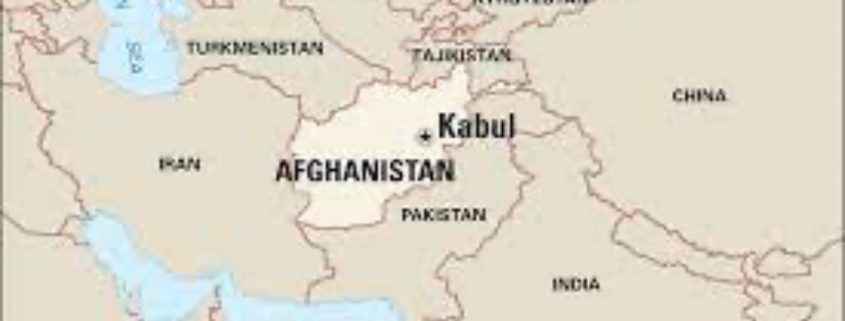
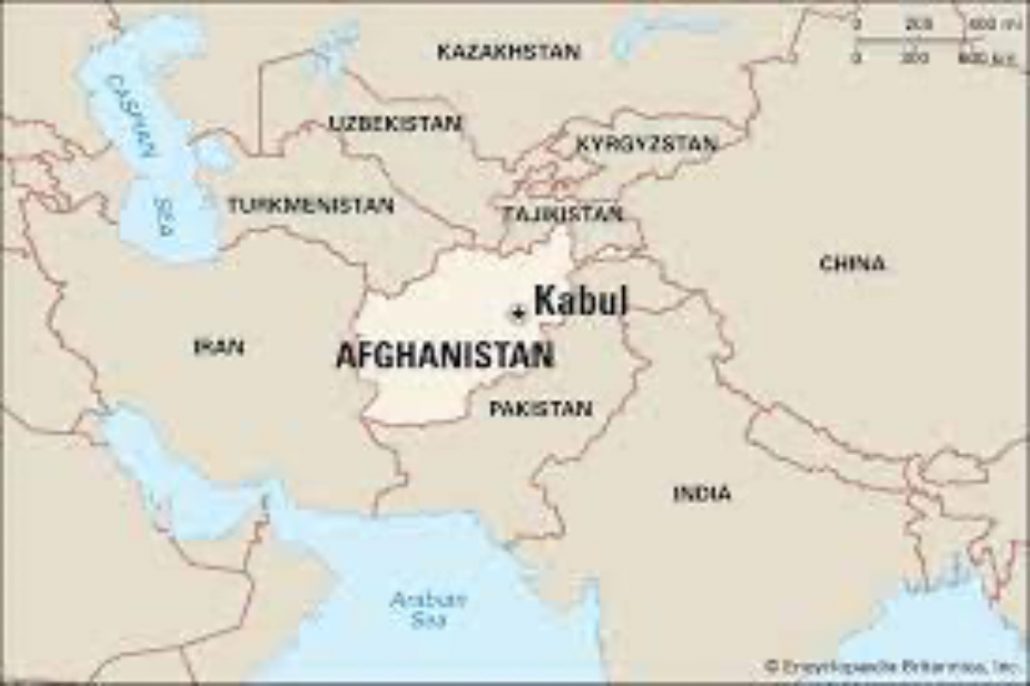

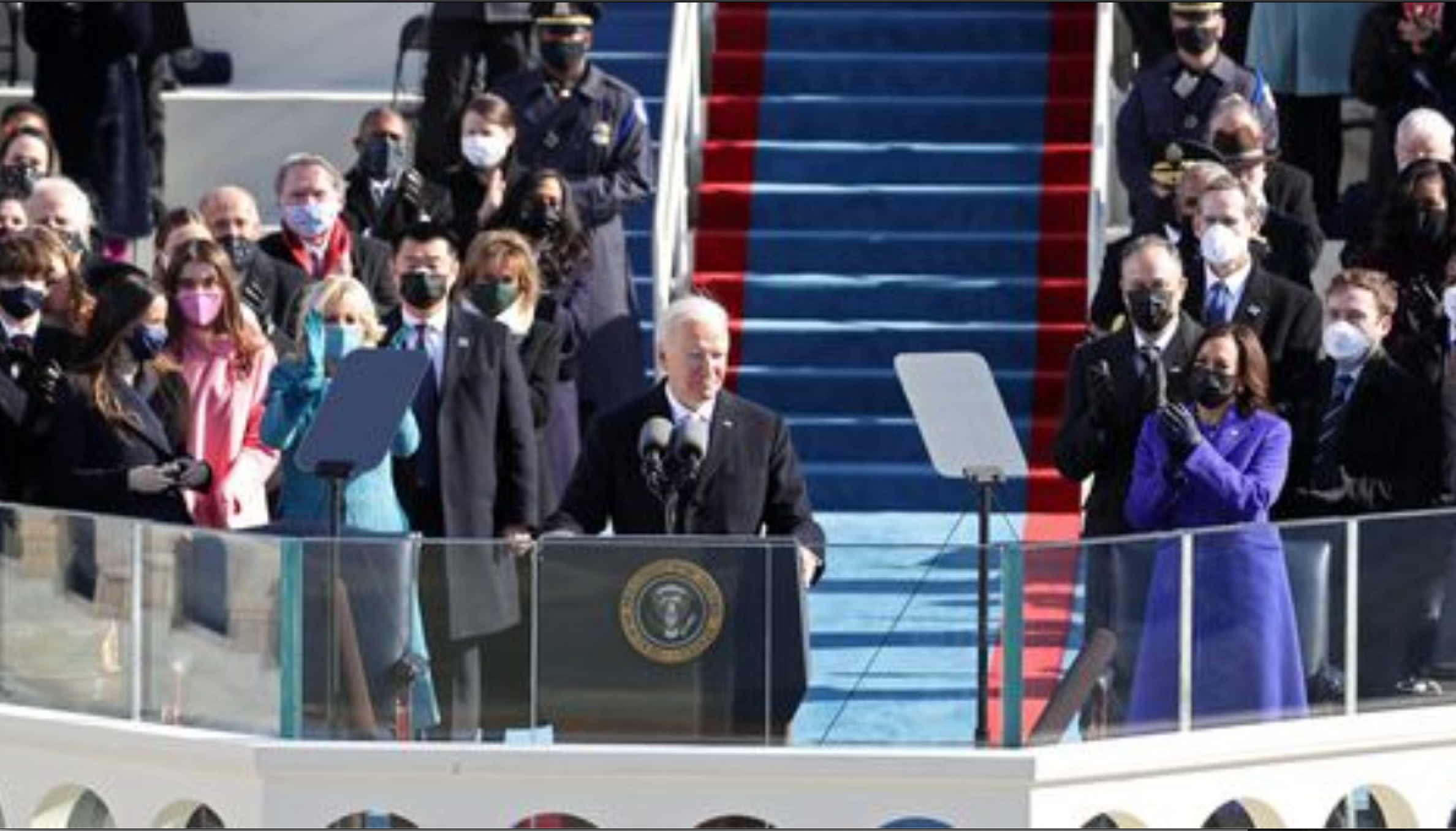
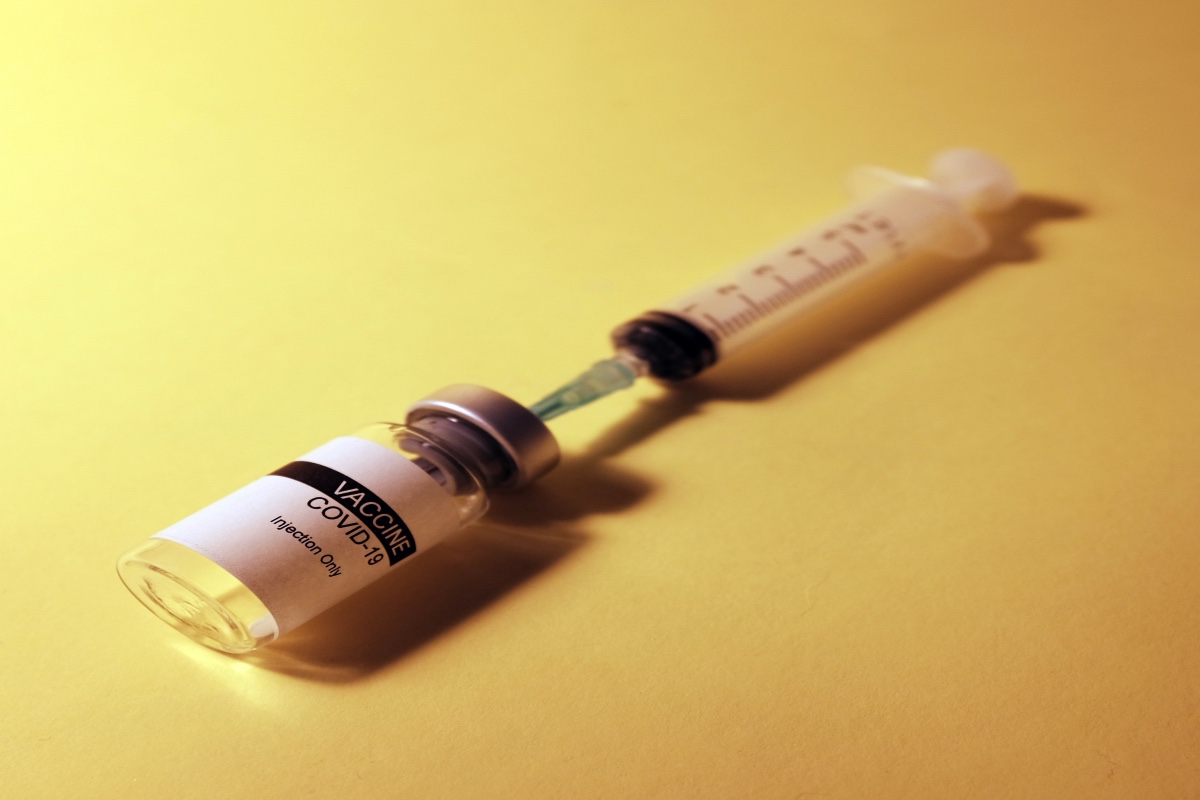



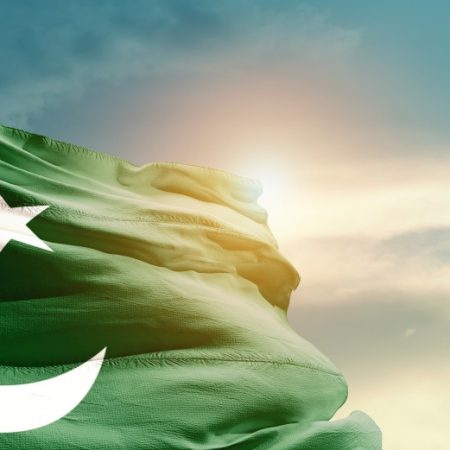






2023
2,131 views
views
0
comments